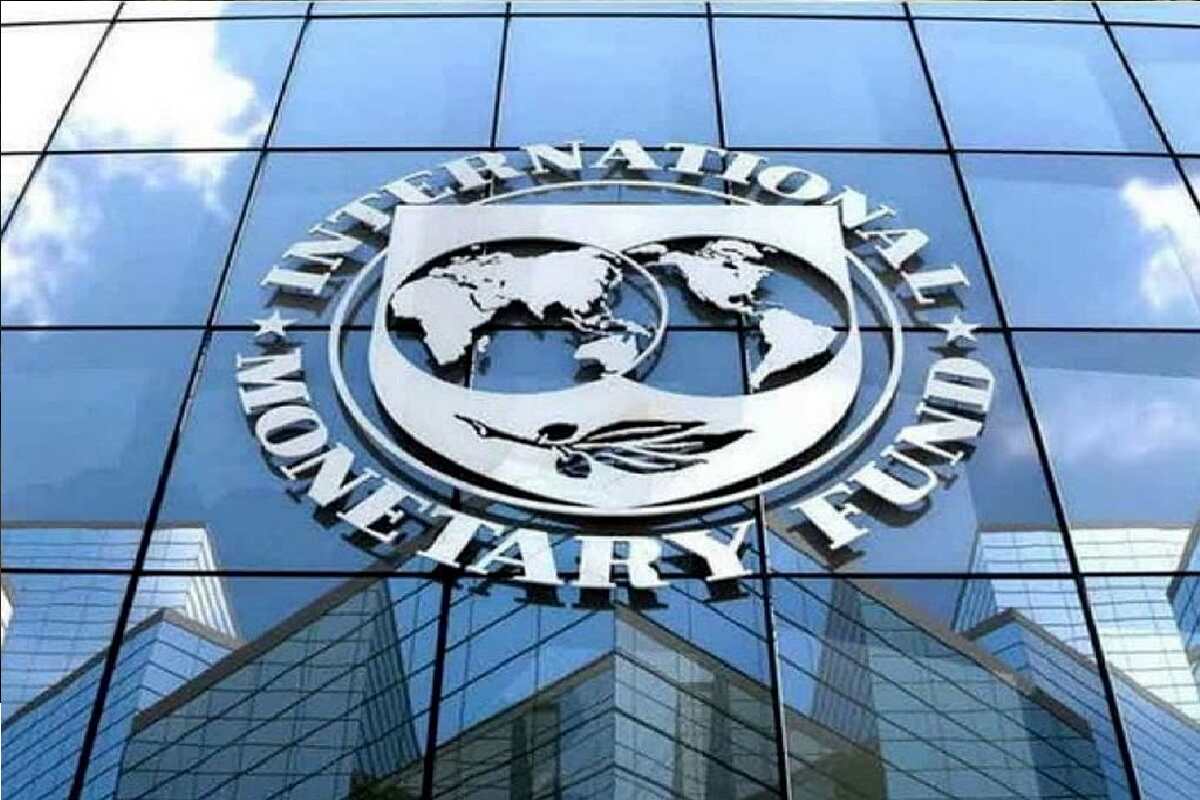
The IMF now projects that the world will grow by 3% this year, up 0.2% from April but still below the 3.5% increase recorded in 2022.
The report comes a day after China’s Politburo made suggestions about actions to strengthen the real estate industry, which the IMF cited as a source of risk.
“In China, the recovery following the reopening of its economy shows signs of losing steam, while there are continued concerns about the property sector,” said Pierre-Olivier Gourinchas, the IMF’s senior economist.
Beyond problems in the real estate sector, the prognosis is made worse by the fact that slow global development means less demand for Chinese goods. However, according to IMF research chief Daniel Leigh, the organisation views Beijing’s recent vow to boost the economy as a positive development.
“More could be done, in particular, to make sure that those pre-sold properties are delivered and that there is targeted support to families. That could really raise confidence, strengthen consumption, with positive implications for the region,” Leigh said.
The IMF research indicated that emerging and developing economies, particularly those in Asia, will be the main forces behind global growth this year as established economies slow.
Asia’s emerging and developing economies are expected to rise by 5.3% this year, up from 4.5% in 2022, according to the IMF.
Indonesia, Malaysia, the Philippines, Singapore, and Thailand, collectively known as the “ASEAN-5,” are expected to increase by 4.6%.
While the eurozone’s anticipated growth slows substantially from 3.5% in 2022 to just 0.9% this year, the U.S. is expected to gain 1.8%, down from 2.1%. As one of the few advanced economies functioning better in 2023 than in 2022, Japan is expected to increase by 1.4% this year.
“Yet growth remains low by historical standards. And while some adverse risks have moderated, the balance remains tilted to the downside, and it is too early to celebrate,” Gourinchas said.
While overall inflation is declining, the IMF predicts that core inflation, which includes the food and energy sectors, will stay substantially above central banks’ targets in advanced economies this year.
“We already see direct investment increasingly being determined by geopolitical proximity between countries rather than geographical proximity, so you’re likely to invest more in countries that are geopolitically close rather than just nearby,” Gourinchas said.

















